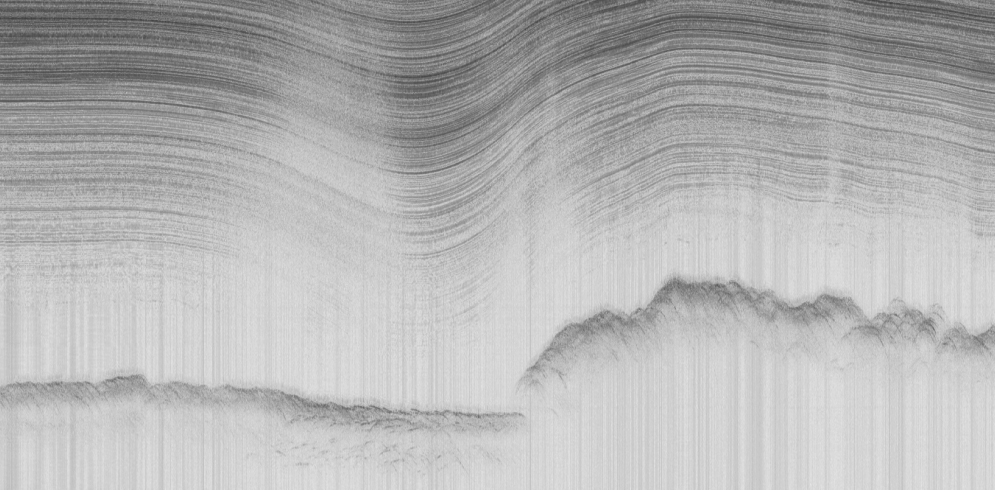
Center for Remote Sensing and Integrated Systems
The Center for Remote Sensing and Integrated Systems (CReSIS) captures and manages large quantities of data collected through airborne radars, antennas, and sounders.
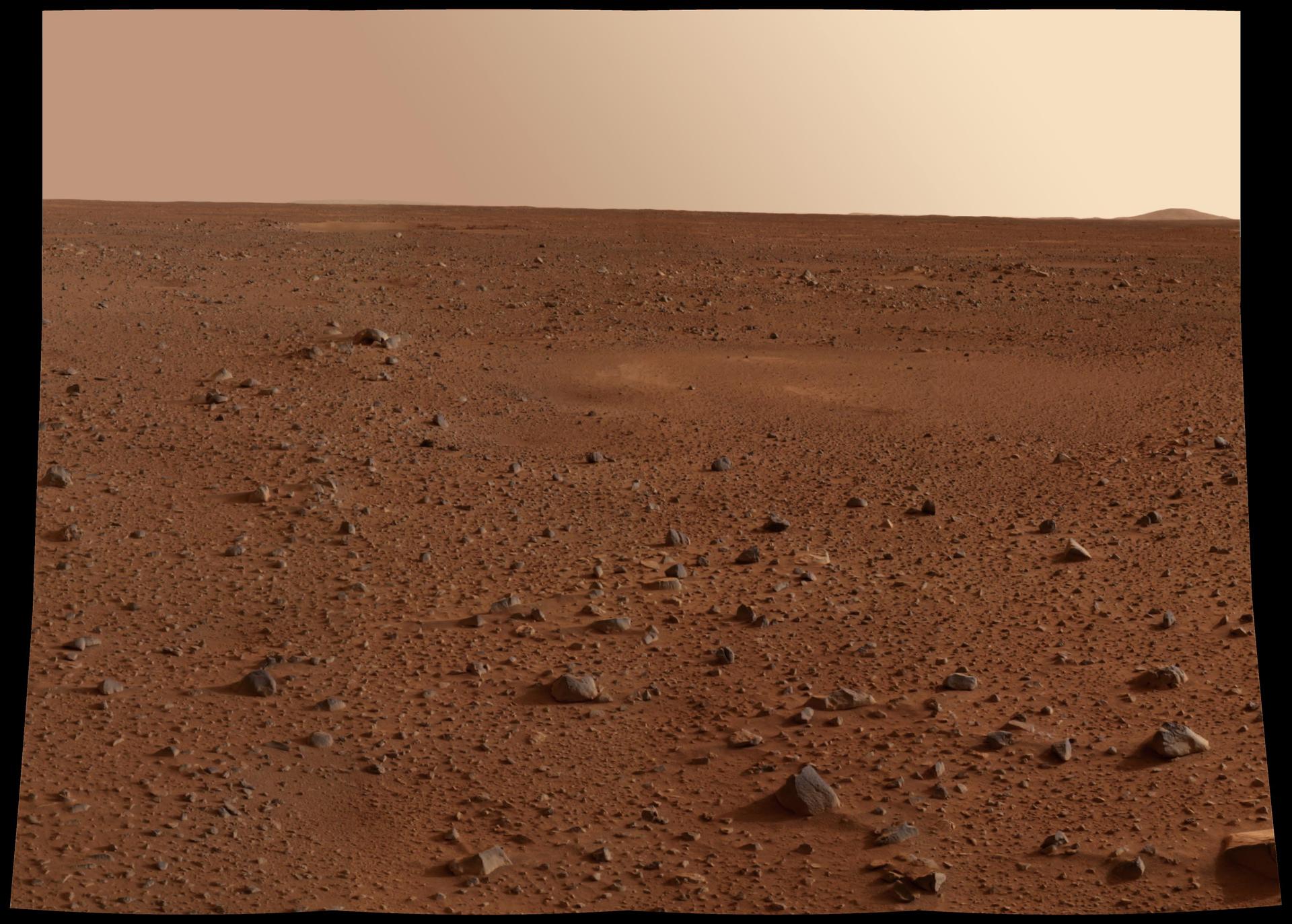
CReSIS director co-authors paper about ice on Mars
A new paper co-authored by CReSIS director Carl Leuschen revealed evidence of ice-rich deposits in the mysterious Medusae Fossae Formation on the surface of Mars.
Read more!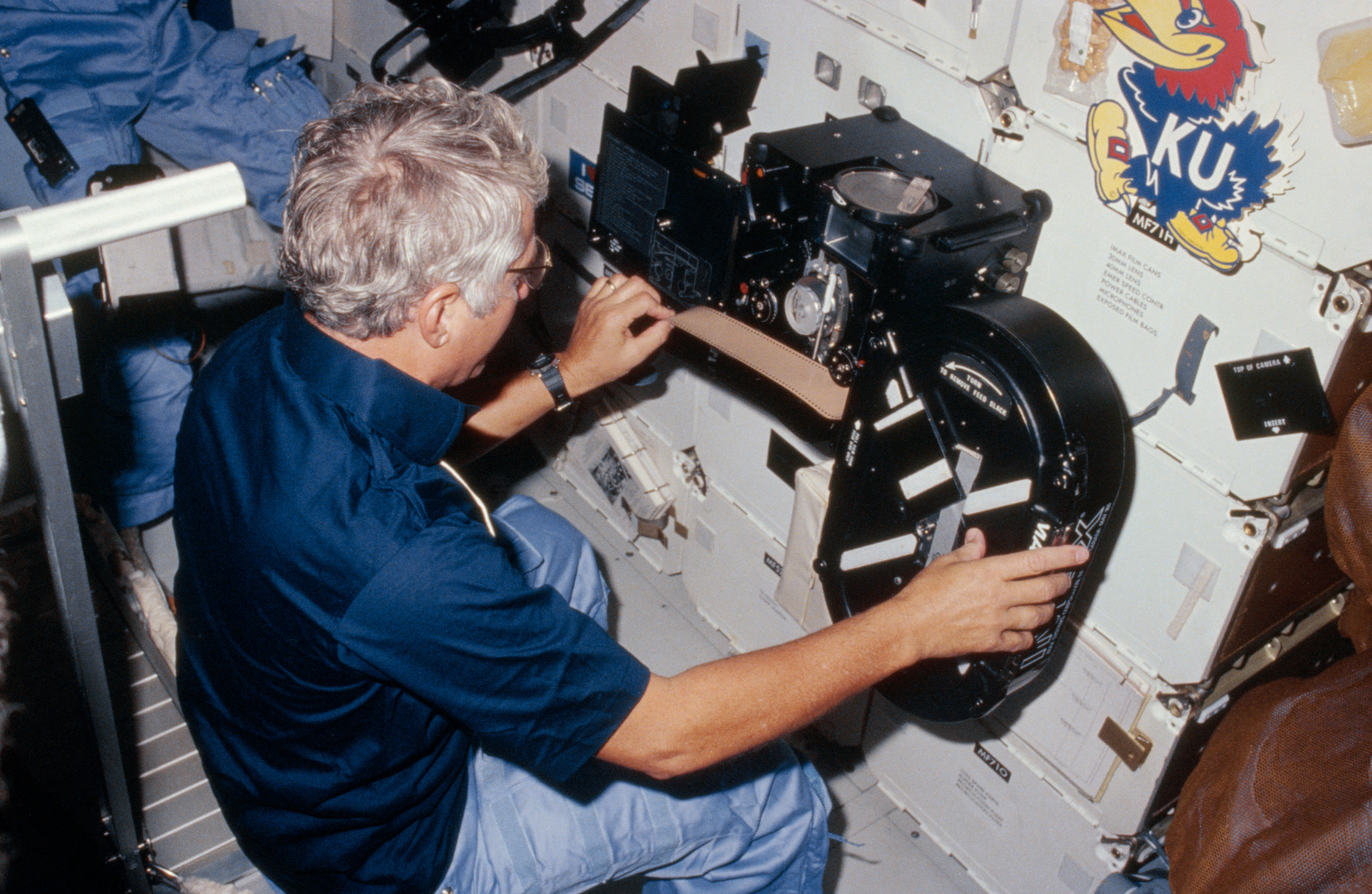
Research at CReSIS
CReSIS researchers engage in sustained, intense, collaborative work to achieve progress in problems of global significance. Our research groups bring undergraduate and graduate students into exciting work across a variety of disciplines with scientists from across the globe.
Our researchData
89
successfully funded grants
28
deployments to arctic locations since 2005
1.2 petabytes
of raw scientific data hosted (that's over a million gigabytes)
New Name, Same CReSIS
Read a letter from CReSIS director Carl Leuschen about our new name and what it means for our future as a research center.

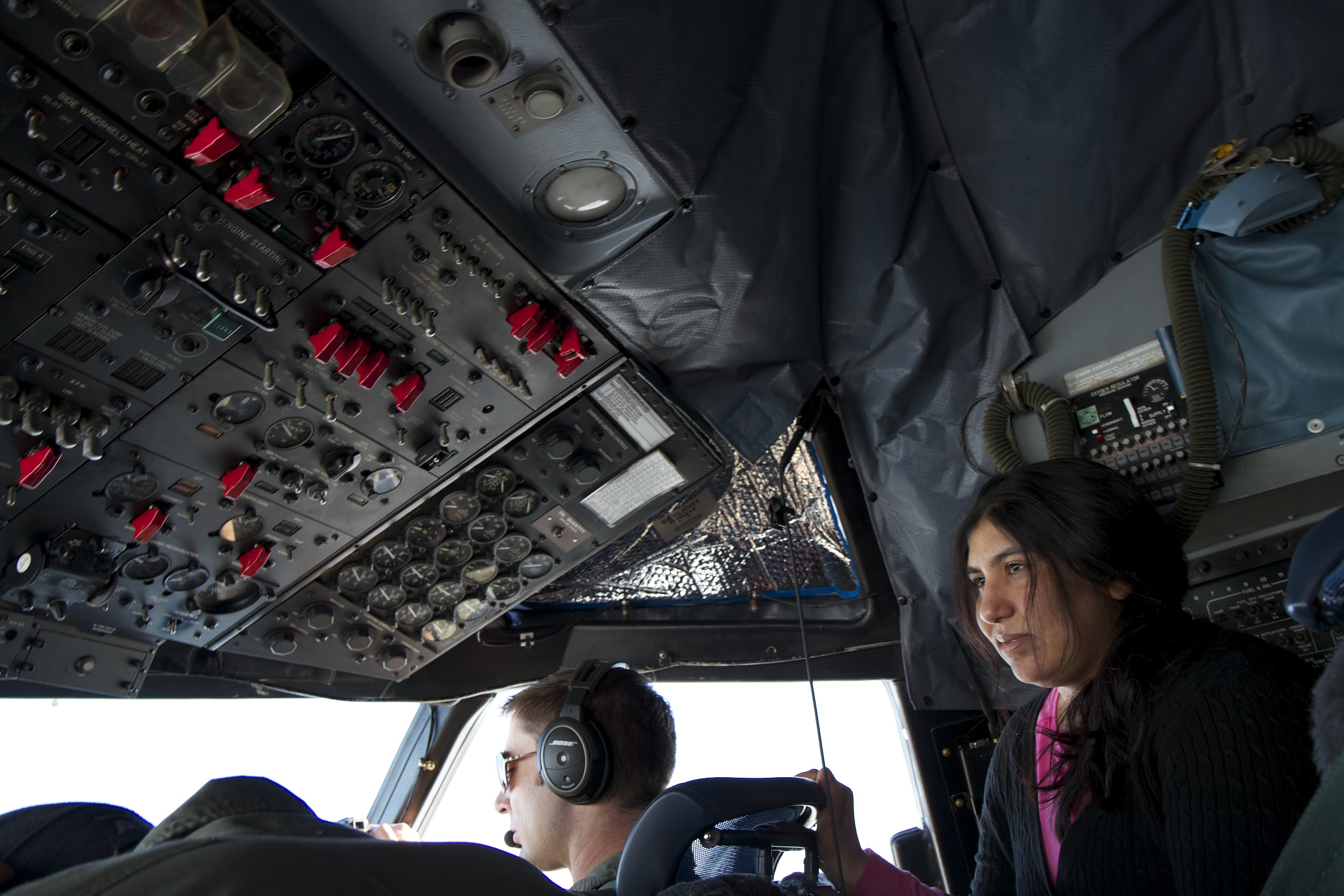
Scientific Experience in Extreme Situations
Aqsa Patel, senior scientist at Philips Healthcare, started her career as a graduate student and postdoc at CReSIS. "Concepts [from] my radar days [that were] challenging at that time became easy to me, and I can apply it in my current practice."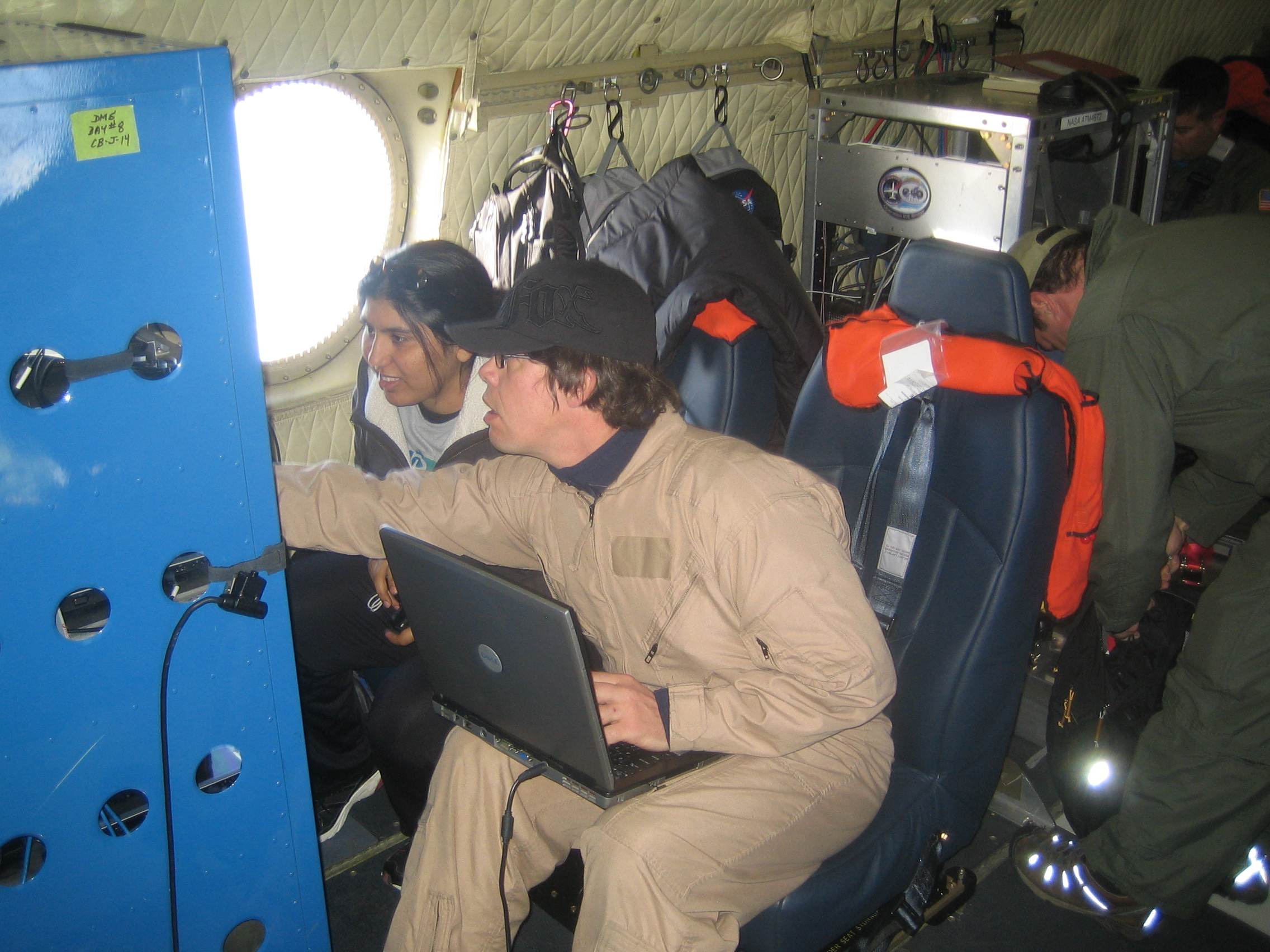
Mentorship at the Ends of the Earth
"It was an excellent mentorship situation [working for] NASA and NSF programs. Deploying these radars every six months to a to a remote place where there's not spare parts, [you] learn early on that you need to build and design durable [things that] don't break down in harsh environments."-Aqsa Patel


People
CReSIS has a robust team of students, researchers, engineers, and other staff members working to better understand the changing dynamics of glacial regions, and transfer that knowledge to the larger scientific community.
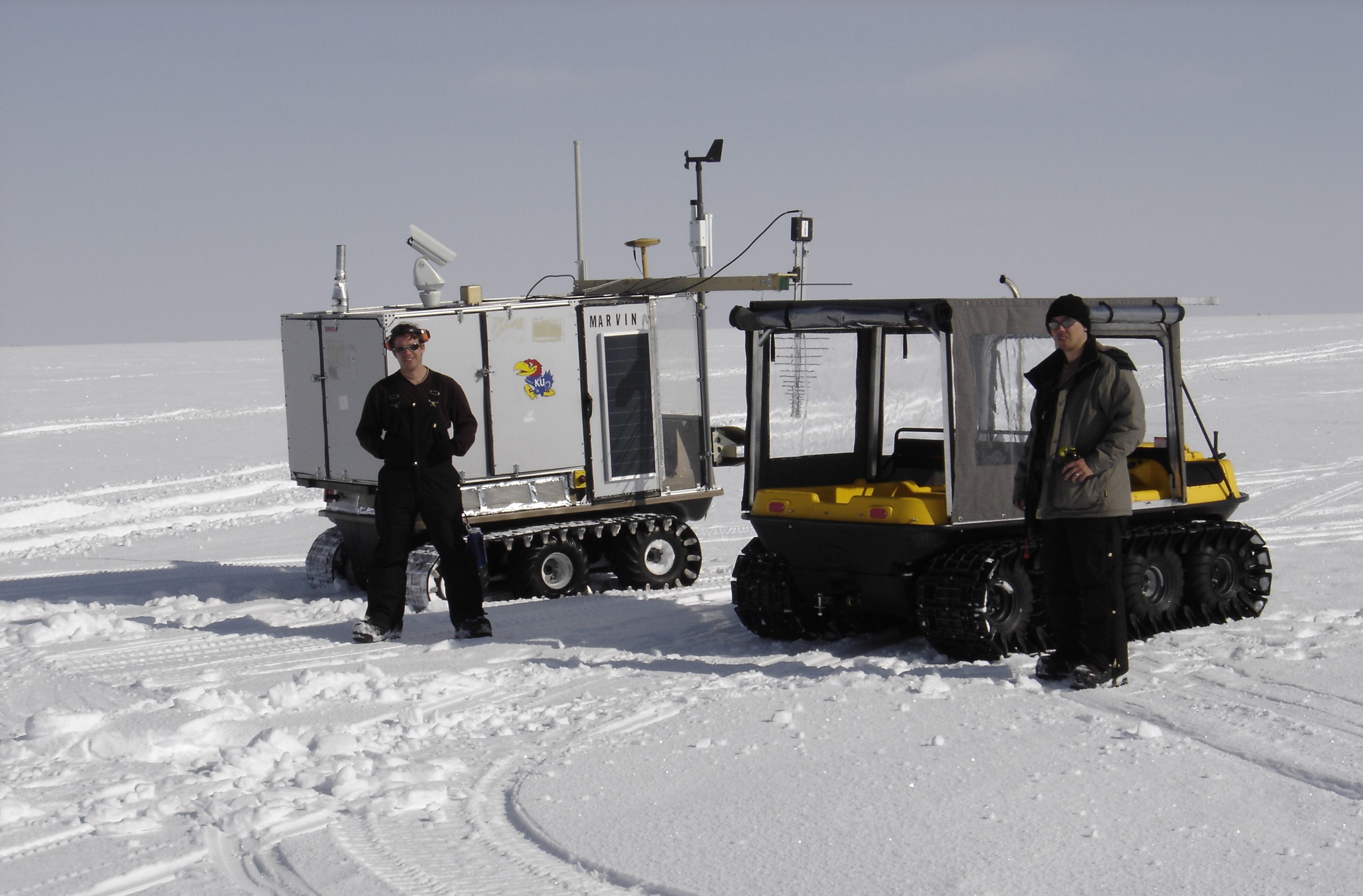
Check out the Latest Data!
See CReSIS data products reaching back over a decade - updated regularly!
